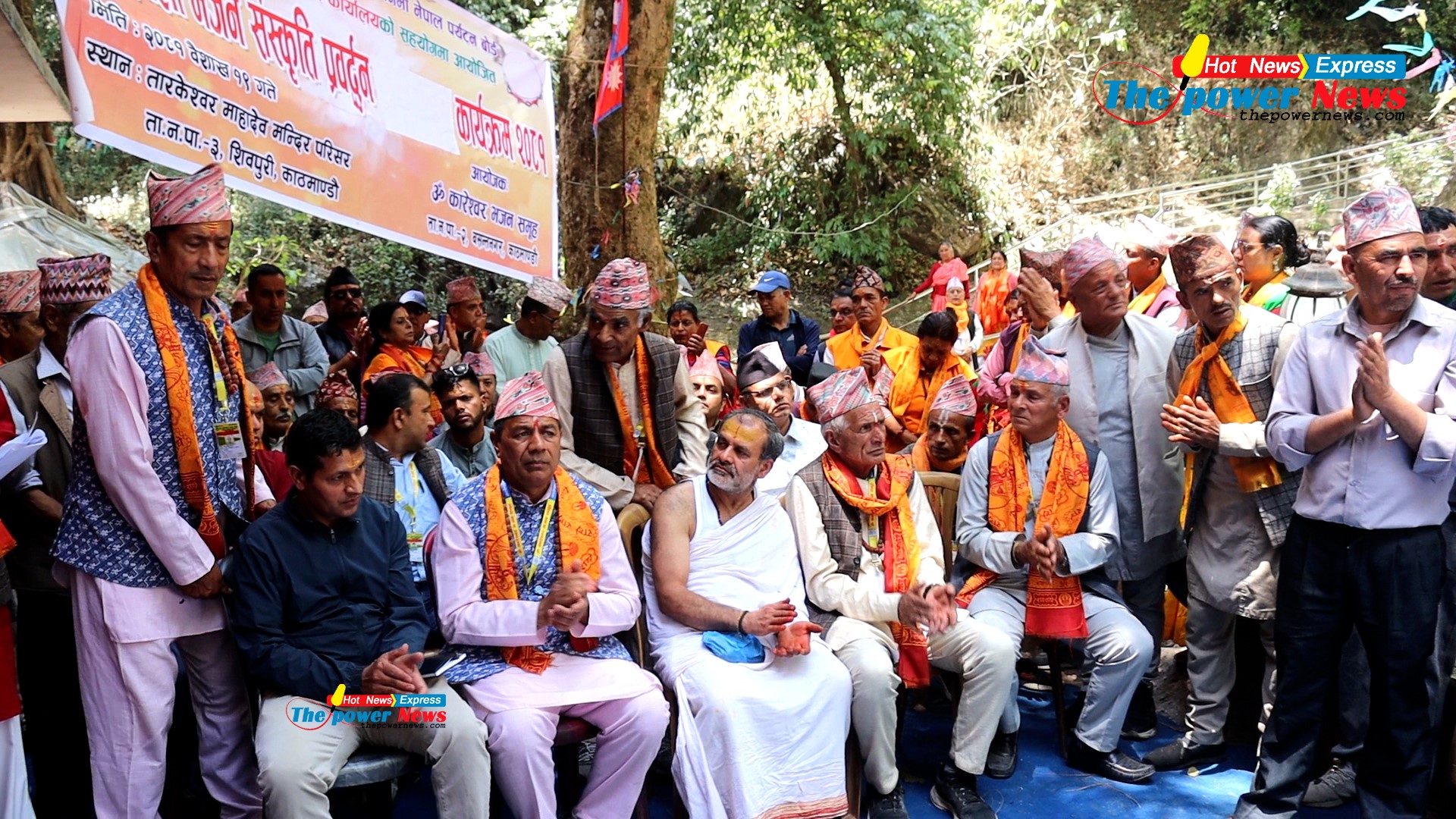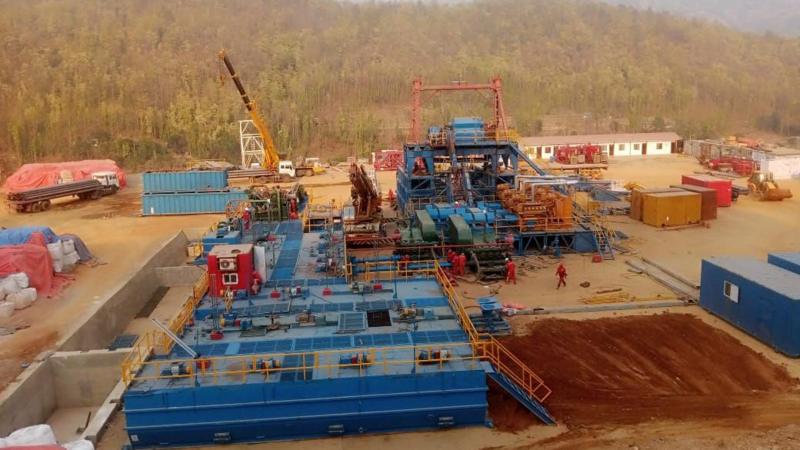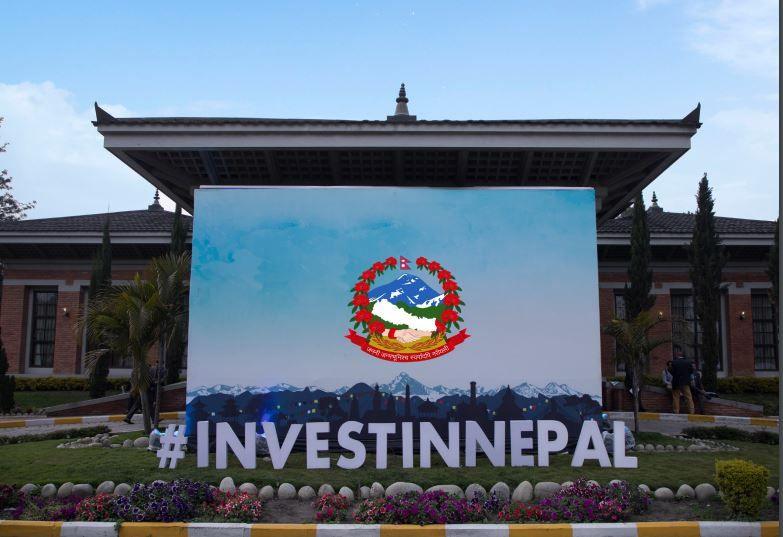Tuesday’s election isn’t all about Trump vs. Biden. Voters in 32 states and the District of Columbia will also have their say on 120 local ballot measures — including legalizing the use of “magic mushrooms” as a therapeutic drug and giving consent to recreational use of marijuana. Oregon, where weed is already sold legally, is considering whether to allow the regulated medical use of psilocybin, a hallucinogen more commonly known as magic mushrooms.
Supporters point to evidence that the chemical could have positive effects for patients with mental health issues. While some Democratic lawmakers back the measure, the American Psychiatric Association opposes it. “We are concerned about determining medical treatment by ballot initiative. Such treatment should be evidence-based and determined solely by professional standards of care,” the psychiatrists’ trade group said. “Science does not yet indicate that psilocybin is a safe medical treatment for mental health conditions.”
Meanwhile District of Columbia voters will consider an initiative to direct police to decriminalize the non-commercial cultivation, distribution, possession, and use of psilocybin and similar drugs. Elsewhere, voters in four states — neighboring New Jersey, Arizona and Montana and South Dakota — will vote on whether to OK the adult recreational use of marijuana. Weed is already legal in 11 states. The Garden State’s Public Question #1 reads, “Do you approve amending the constitution to legalize a controlled form of marijuana called ‘cannabis’?”
Polls show that Jersey voters support legalizing wacky tobaccy. Approval in the Garden State will put more pressure on New York to follow suit. New Jersey Gov. Phil Murphy has been a pot pusher, but the legislature there has blocked the issue until now. “In New York we have a thriving black market and we’ll be surrounded by states that legally sell marijuana,” said state Sen. Diane Savino (D-SI), who sponsored the law that allowed the medicinal use of cannabis in the Empire State. Recreational sale of marijuana is already legal in neighboring Massachusetts and Vermont. New York does not have any issues on the ballot this year. Gov. Andrew Cuomo scrapped a $3 billion climate change bond initiative because of the coronavirus pandemic-fueled fiscal crisis.





